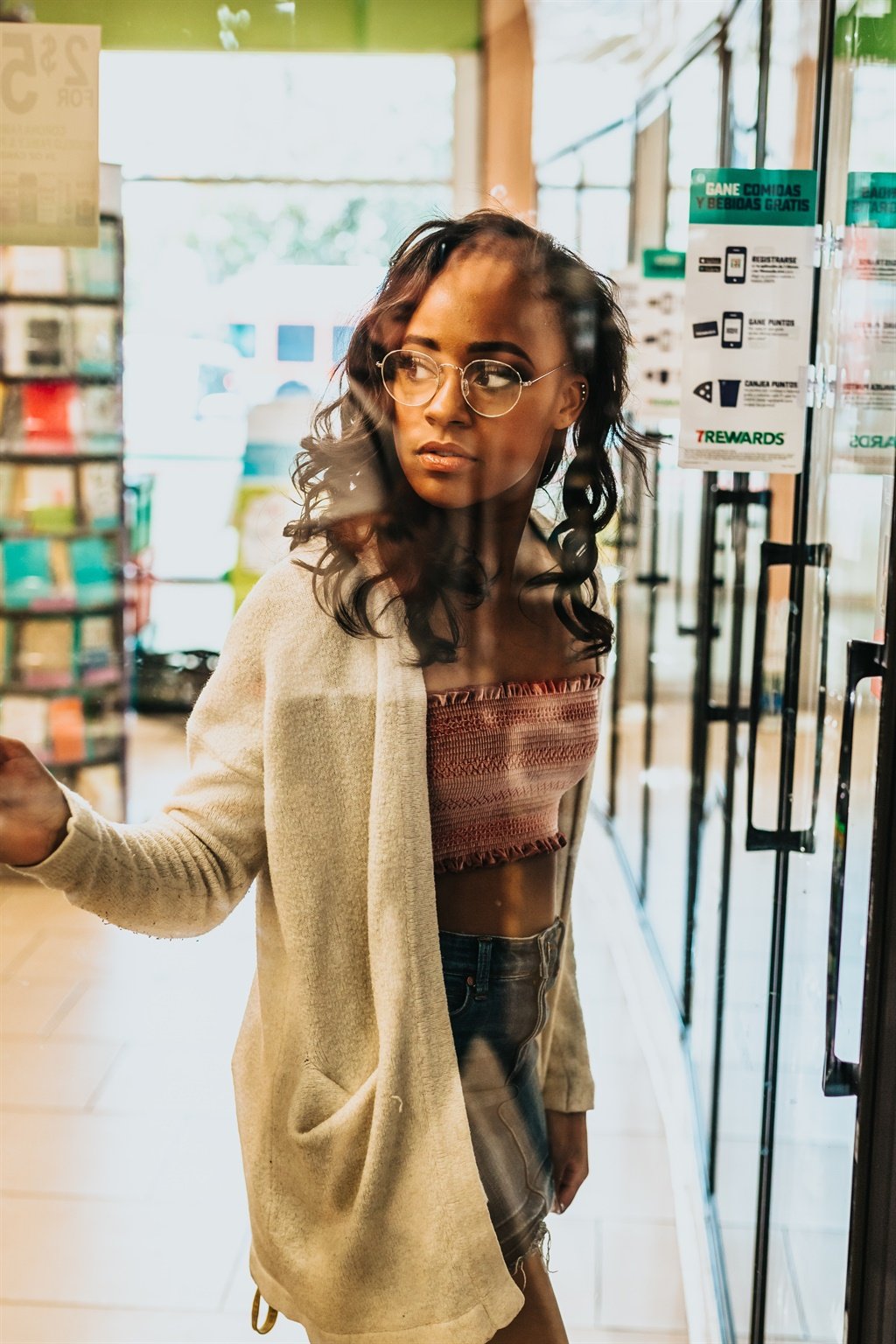
Menstruating every month or less regularly is a costly experience for anyone who goes through it, especially when pain management is also a part of it.
Being able to afford more than just one means of menstrual sanitation - pads, tampons and pantyliners - for one cycle is a privilege not many can afford in our country.
Before 1 April 2019, pink tax was a financial burden to poor individuals especially.
A 2016 W24 article by Lynn Butler opened our eyes to the reality of homeless local women's monthly experience of sitting on placards and newspapers to manage their bleeding. This is also the reality of many more impoverished women across the world too.
READ MORE: How do homeless women handle menstruation?
In this same article, mention of Jen Thorpe's 2011 findings on the cumulative cost of menstruation was made. It was R19 800 then, so you can imagine what that total cost must be now... and counting.
Actually, you don't have to imagine. In 2018, Jen Thorpe shared an infographic in an article published in Cosmpolitan magazine, which estimated that the amount you'll spend on sanitary products in your life could be up to R39 520.
This is why year after year, various organisations have been petitioning against tampon tax until the government finally made a decision to do away with the 15% tax enforced on all menstrual products in 2018, which became effective as of 1 April this year.
READ MORE: Free sanitary products for students - now a reality in Scotland
And this is where health journalist Pontsho Pilane's contributions to this movement come in. Pontsho started the "Free to Bleed" campaign in as a student in 2015, where she challenged ministers in parliament to implement free sanitary pads in South Africa.
Three years ago. Look now @ProjectDemoZA! #FreeToBleed pic.twitter.com/t4GuRnditr
— Pontsho Pilane (@pontsho_pilane) October 27, 2018
Speaking to W24, Pontsho expressed how important it was for her to get this movement going as a journalist, which is why she says "I immersed myself in it and raised awareness." Together with Livity Africa and Amandla.mobi, Pontsho petitioned for people who menstruate to have access to sanitary materials, saying that she was mostly concerned with poor people who needed it.
It was important for this passionate health journalist to ask the necessary and hard questions about why period poverty matters, what the health implications are of not having access to proper menstrual materials, and what this means for the dignity of individuals who bleed every month.
And now that sanitary products are zero-rated, Pontsho acknowledges that this "is a step in the right direction, especially for the poorest of the poor who have now been prioritised." However, she adds that "we're not at the end."
The next step is to see how #FreeToBleed can materialise beyond schools. One of the ideas Pontsho suggests is for SASSA to perhaps grant South Africans vouchers for free sanitary products.
But in the meantime, Amandla.mobi has created a campaign to monitor whether all stores are complying with the new VAT exemption simply in order to hold retailers accountable.
We reached out to Amandla for insights on how this campaign was currently performing, but did not receive a response by the time of publication of this article.
On 31 March, though, Pontsho had visited a major chain store to purchase pads and confirmed that it was one of the stores that had already started implementing the price changes the day before.
Pink tax on pain management
When we shifted our conversation to the marketing around period pain products, Pontsho Pilane matter-of-factly says that "it speaks to the gendered nature of our society. We bare the brunt financially and on a human dignity level."
This she adds in response to a fact I had highlighted about how period pain patches cost more than standard pain relief patches from the same brand, merely because the packaging differs.
"The patriarchy is so visible that it has even infiltrated pain management," she adds.
READ MORE: “I tried a period pain patch to see if it would work as well as painkillers"
It's not free condoms vs free pads
Lastly, now that we're moving in the right direction towards being heard about feminine hygiene needs and sexual health, we need to be weary of treating the two as mutually exclusive conversations where one ought to be prioritised over the other.
This is another point Pontsho raised, saying that "comparing free pads to free condoms is a very dangerous conversation," and that both are an important part of this gendered conversation; hence they are not to be compared.
The need for free condoms can therefore not be erased - just as much as underprivileged people deserve free pads, they deserve free condoms too, especially given the fact that young black women are a demographic that is most affected by HIV.
We asked you
We're reaching the end of the first month where sanitary products are zero-rated, so we asked how this has already made a difference to you.
This is what you said:
As of the beginning of this month, sanitary pads became exempted from Value Added Tax (VAT). How has this made a difference to you?
— W24.co.za (@W24_SA) April 25, 2019
*You may also comment in our replies.
VAT exemption still doesn't benefit those who can't afford them, especially little girls who relay on others. There should be a grant of sorts for this matter in particular.
— Tshego (@ngwanaOla) April 25, 2019
Ever since December 2018 I use reusable pads I bought from @_pinkcare for +/- R800. I donated the non-reusable pads that I still had left in December (2 whole & 2 opened packs) to #Running4Pads in Cape Town.
— Marianne Valentine ???? ?? (@MarianneValen20) April 25, 2019
Sign up to W24’s newsletters so you don't miss out on any of our hot stories and giveaways.




 Publications
Publications
 Partners
Partners











